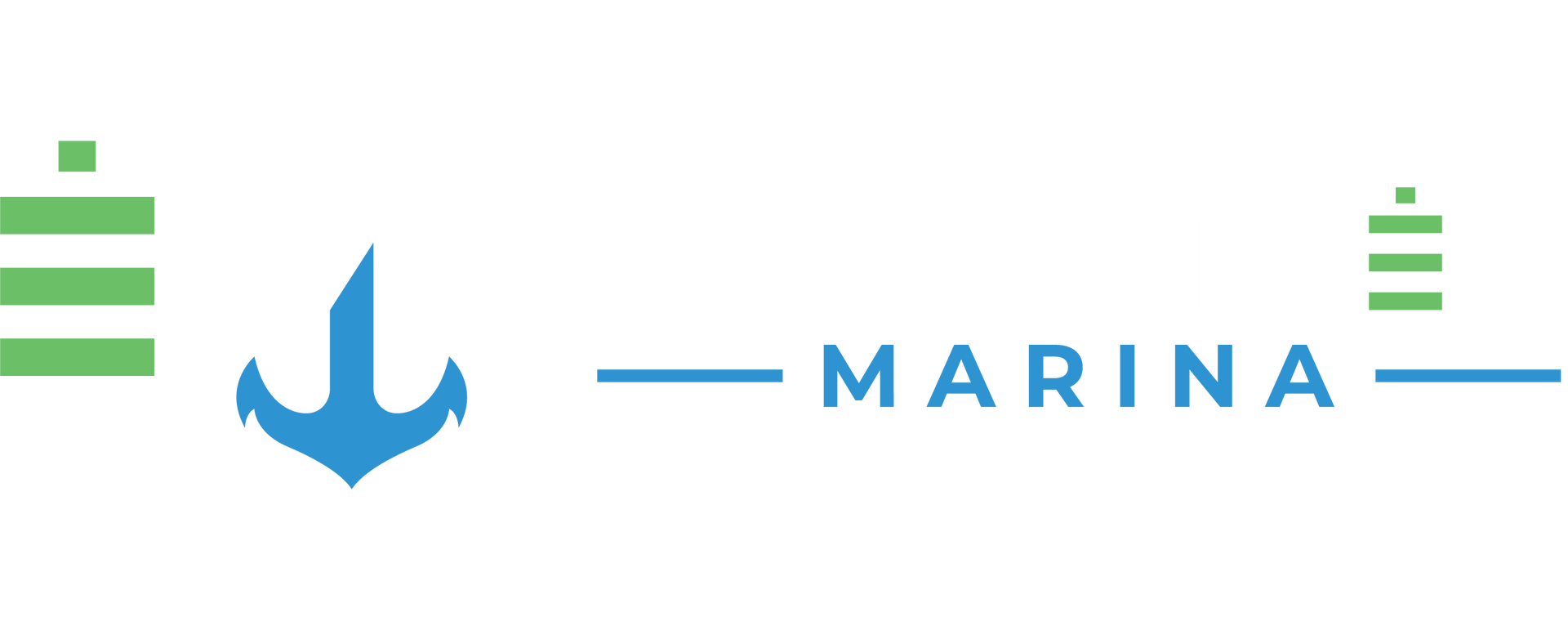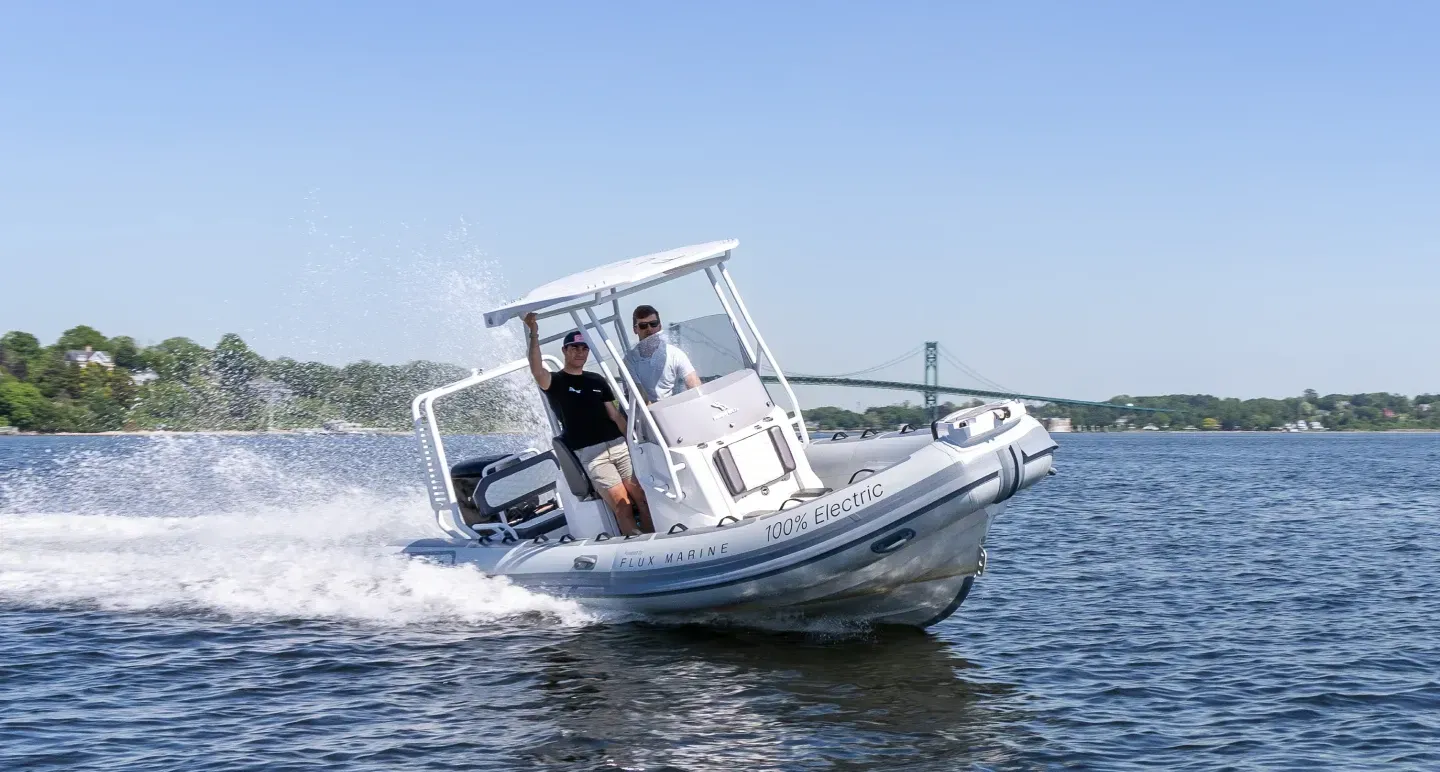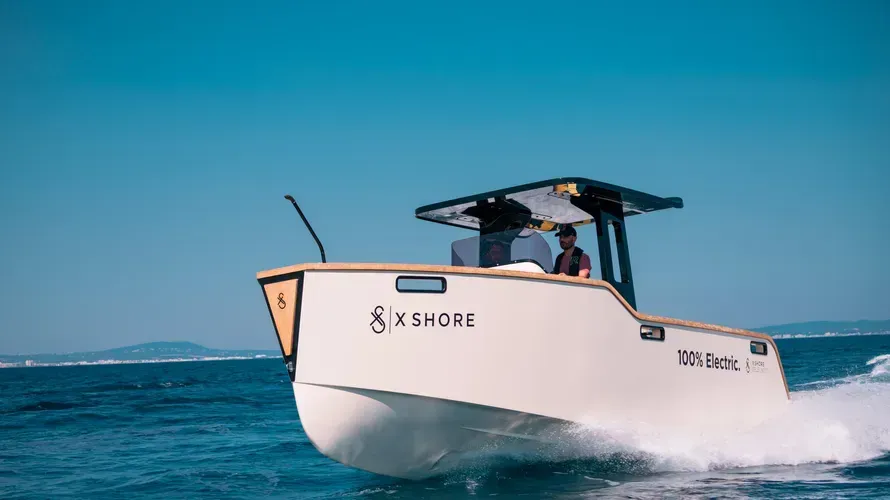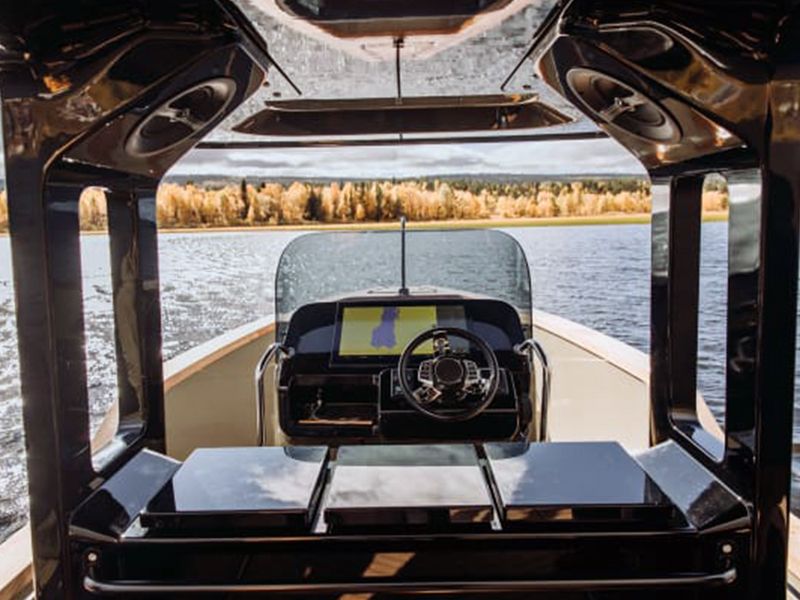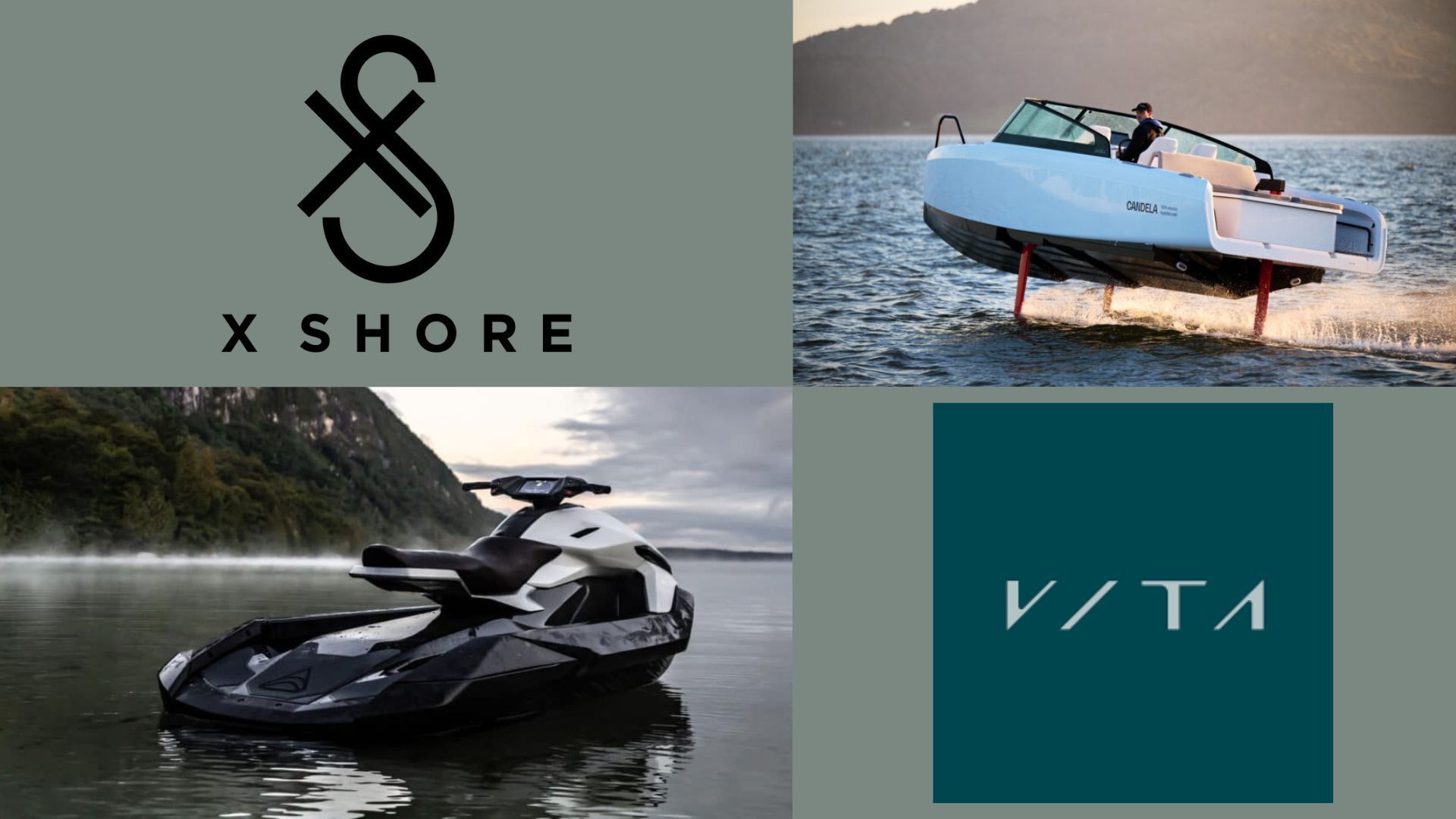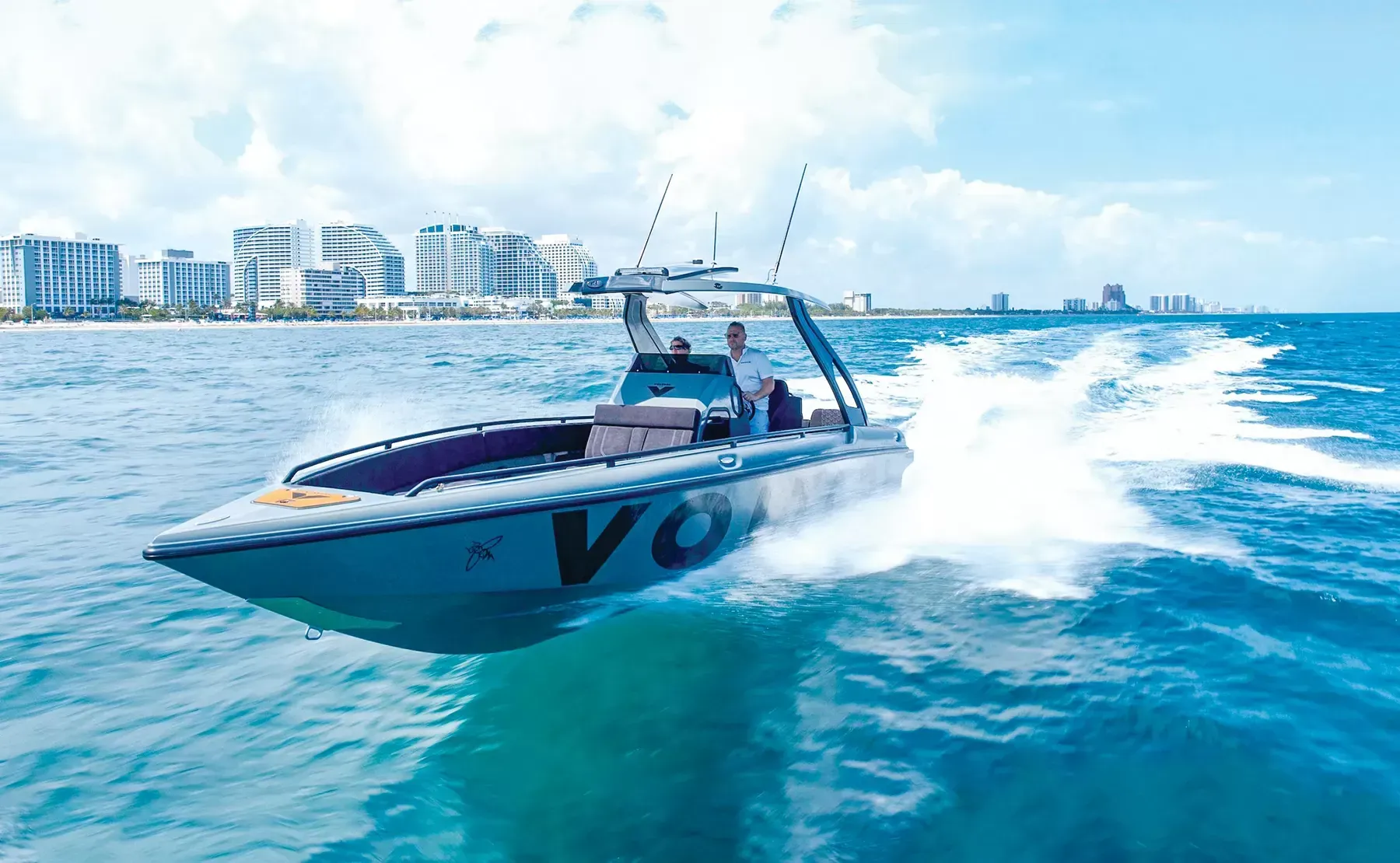Myth VS Fact: ARE ELECTRIC BOATS DANGEROUS?
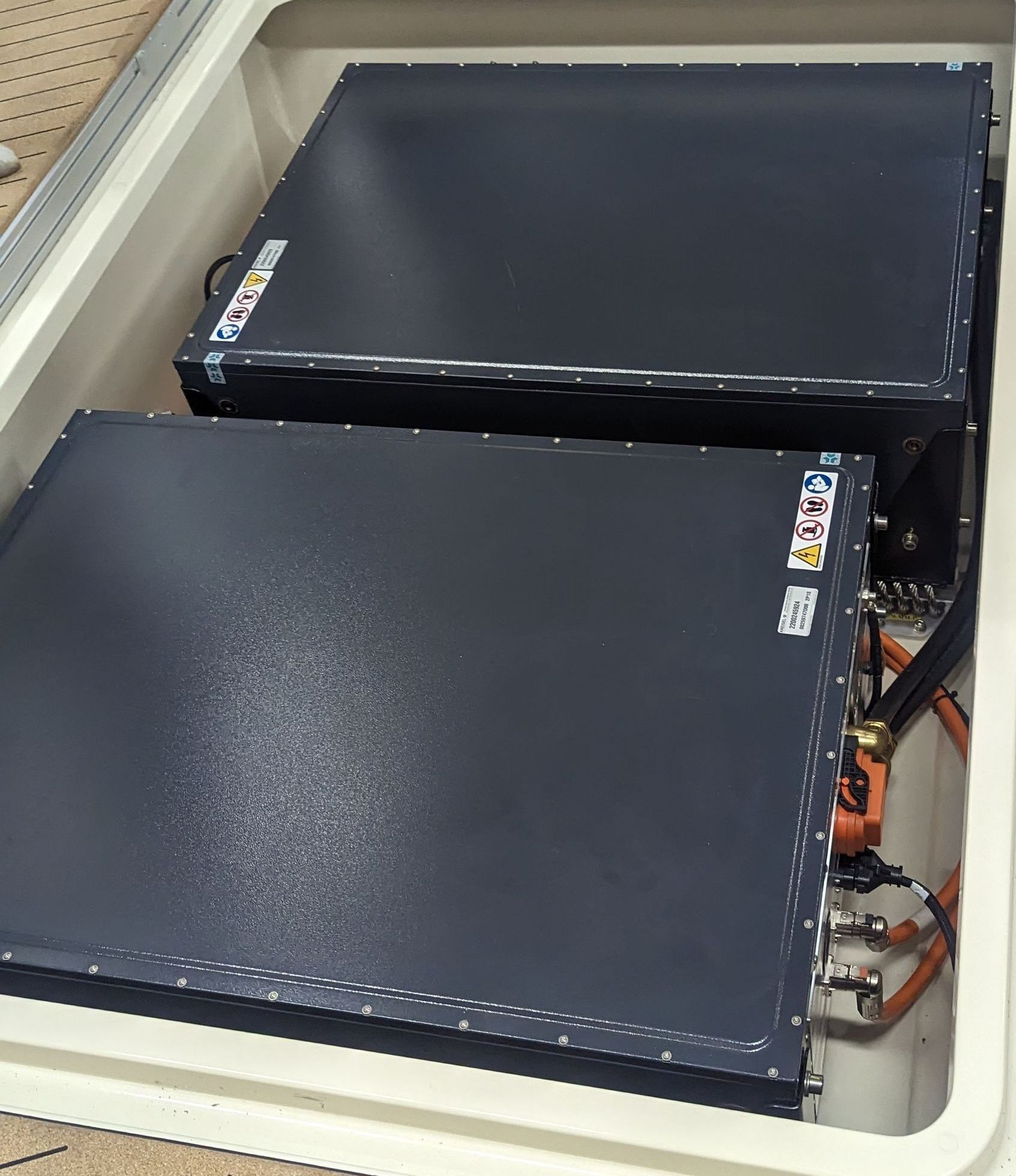
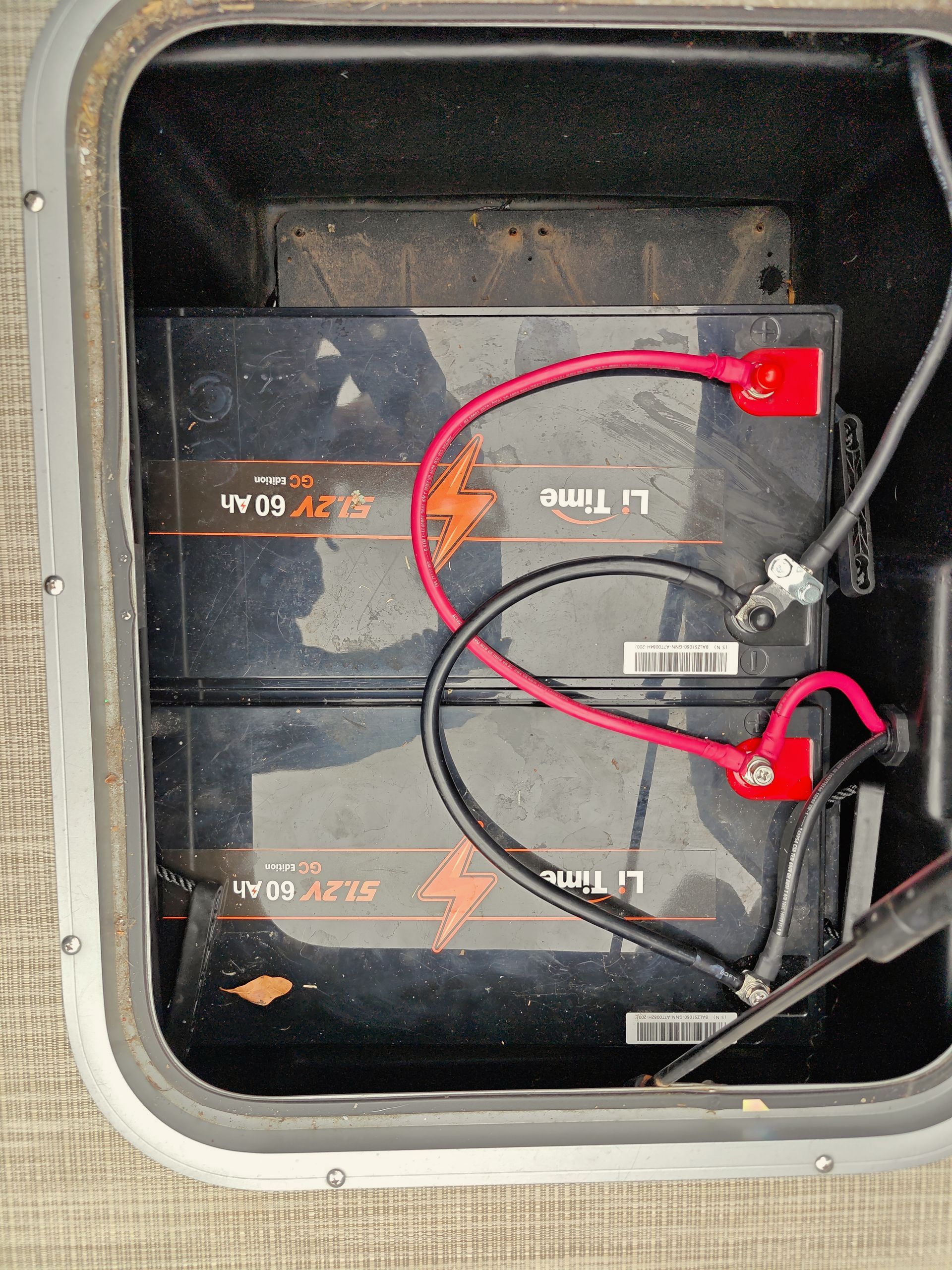
Are electric boats dangerous? What safety features are in place? All these questions and more are answered.
When it comes to boating, having safety at the forefront is essential. It's no wonder that electric boats receive so much pushback due to the source of power - electricity - and water generally do not mix. The truth is if electric boats weren't safe or more dangerous than a traditional engine, the industry wouldn't be where it is today.
Myth:
Electric Boats Are Dangerous Because of the Batteries!
Fact:
The Batteries in Electric Boats Are Marine-Grade, Meaning...
...they are held to a different level of standard than the batteries seen in electric cars and other propulsions. Marine-grade indicates the materials included can withstand harsh marine environments. The batteries we put in boats have a marine graded casing, protecting it from any contact with water. Specifically they are IP rated 67, or ingress protection rating. This rating is used against most electronics, like our phones. You can read more about it here.
What needs to happen for 'something' to happen
Potential contact between the batteries and water is only possible if you somehow manage to damage this incredibly solid casing - ripping your boat in half, for example. Electric or not, we caution all boaters to prevent that from happening.
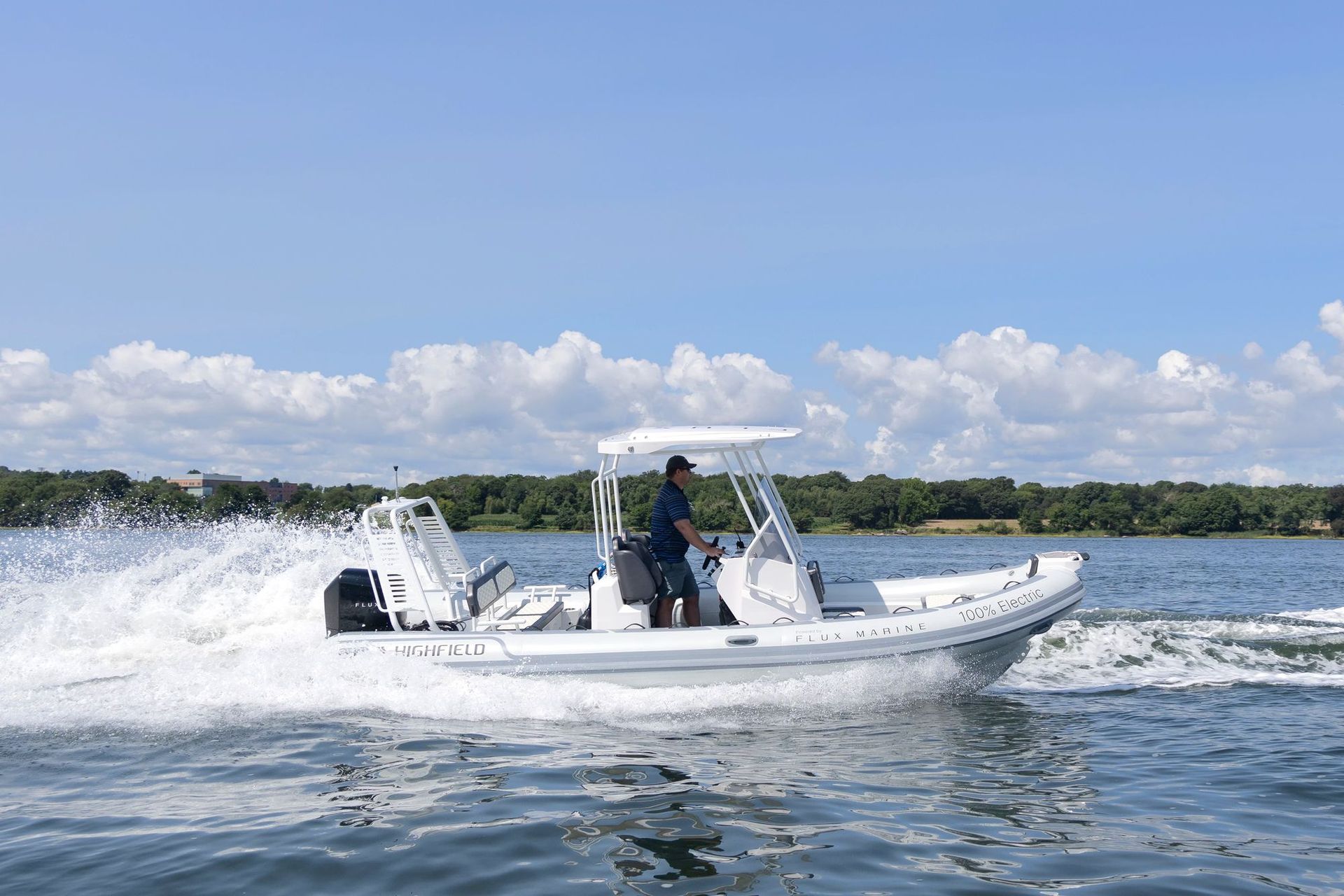
Check out this short clip of Erick's explanation.
Key Takeaways
In conclusion, the myth that electric boats are dangerous because of water exposure simply doesn’t hold water—literally. Modern electric boat batteries are engineered with high Ingress Protection (IP) ratings, often IP67 or higher, meaning they’re sealed tight against both dust and immersion in water. These aren't just splash-proof—they’re built for real-world marine environments. So next time someone questions the safety of electric propulsion on the water, remind them: today's electric boats are not only efficient and quiet—they're built for the elements.
